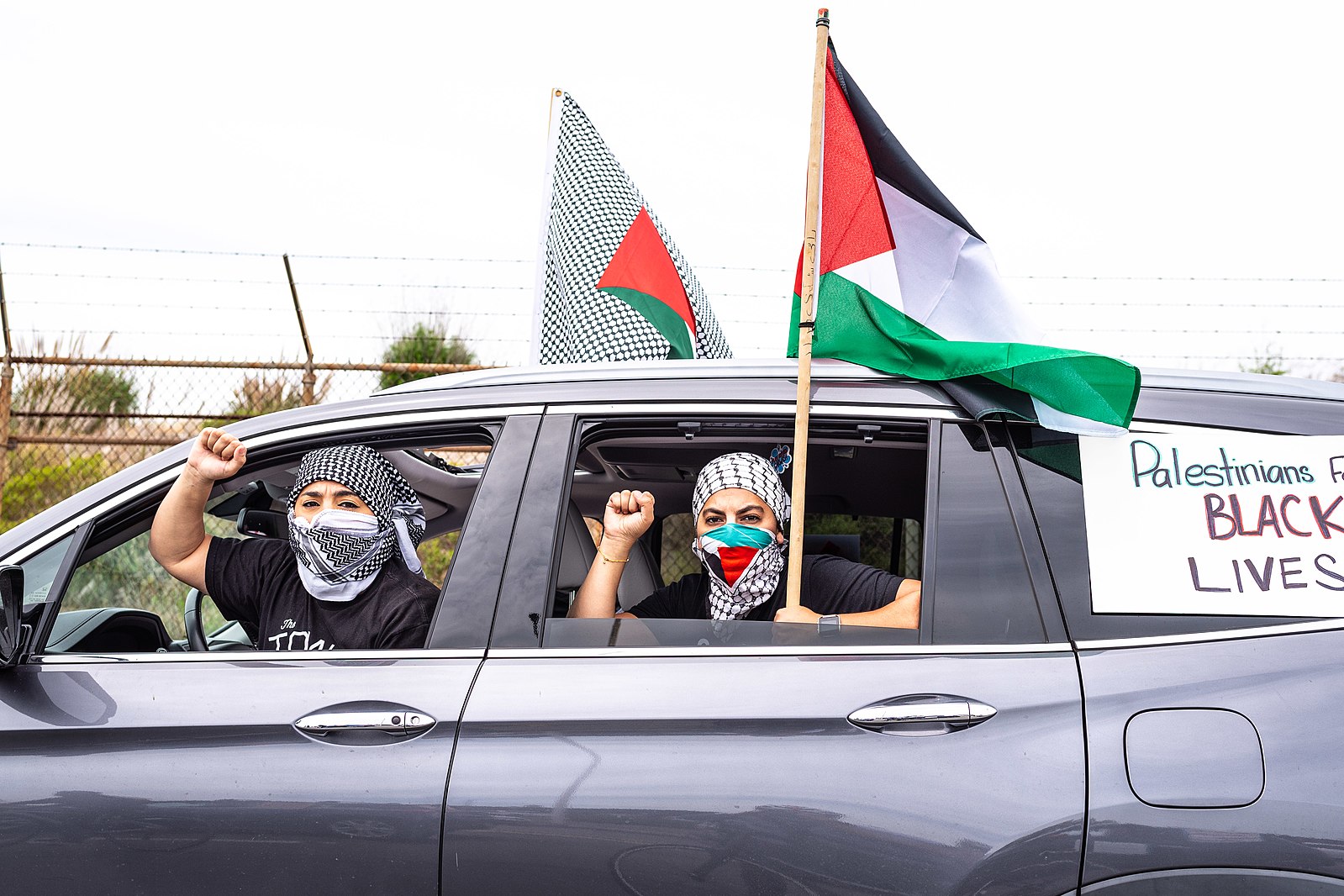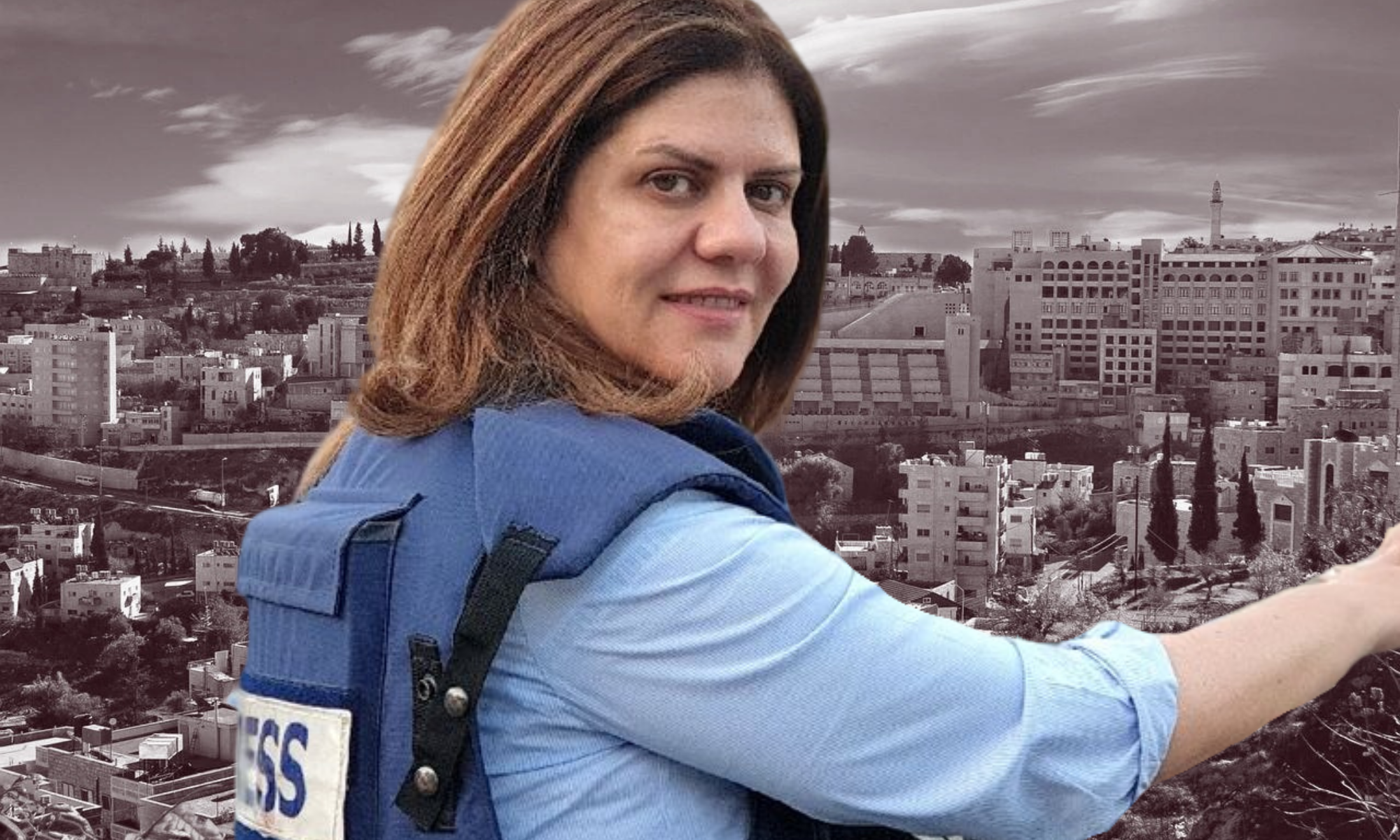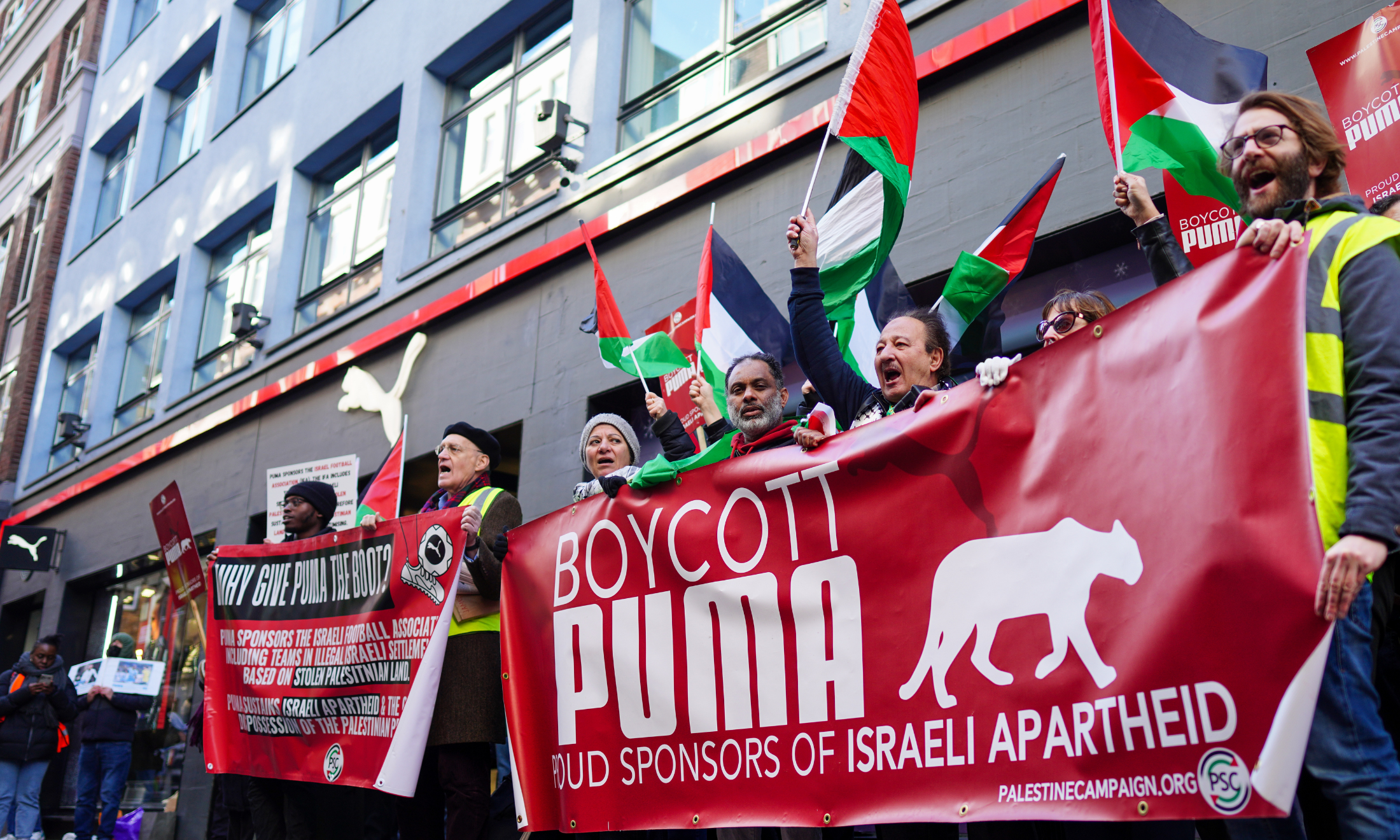
Photography composite via Flickr/Creative Commons
What Palestinian women can teach the world about surviving lockdown
For residents of the Gaza strip, imposed isolation is nothing new. Here, six women share their stories and explain how they've learned to cope.
Noha Abou El Magd
03 Apr 2020
Illustration via Canva
For much of the world, the conditions of self-isolation introduced by the Covid-19 pandemic are new. From China to the UK, millions have struggled with a new normal: strict lockdowns imposed by governments that prevent them travelling to see loved ones, moving freely through the towns and cities they live in, going to work every day and meeting their friends.
But this situation is sadly not alien to the two million inhabitants of the Gaza strip. Since 2007, they’ve lived under the oppressive regime of the ongoing Israeli-Egyptian blockade, which restricts access to Gaza, as well as the transfer of goods and services. The effect is imposed isolation, with Gazans completely cut off from the rest of the occupied Palestinian territory. As a result, Gaza’s population has endured poverty and unemployment, alongside a lack of access to essential healthcare, drinkable water, and food insecurity.
As such, those that live there have a lot to teach the rest of the globe about surviving without freedom of movement. Six young Palestinian women from Gaza agreed to share their stories with gal-dem to give us an insight into daily life in Gaza, the trials and tribulations they experience and how they have managed as a community to survive and flourish despite their difficult circumstances.
Restricted movement is nothing new for them. Gaza, the women say, is a “huge prison”. “It is a tomb for many ambitious dreamers and amazing dreams,” says 20-year-old Haya, who has lived in Gaza all her life. “A place where your decisions are determined not created”.
“Gaza is a tomb for many ambitious dreamers and amazing dreams. A place where your decisions are determined not created”
Leaving the strip is an arduous task, even for those who have the resources. Nour, a 25-year-old freelance translator and English Literature graduate, has previously undertaken the journey out of Gaza for work purposes. There are only two ways to get in and out of Gaza from the outside world, she says: the Erez crossing and the city of Rafah. Both routes are “very difficult”.
The former is not available for people to use unless it has been coordinated by an NGO or in case of a medical emergency. Travelling through Rafah, as most Gazans who are able to leave the Strip do, is far from a walk in the park.
“It takes at least a month to travel,” Nour explains. “Crossing Rafah itself takes a full day and then you must stay in Egypt.
“The way back it takes a week. It’s not impossible to travel but it’s very difficult. It’s a long process and it’s rough. You have to sleep in the desert”.
Isolation is a familiar experience for Gazans. But it is war, not a pandemic, that has forced the people that live there inside their family homes for long periods, in an attempt to avoid the violence raging around them. All six women recall isolating during three significant outbreaks of violence: the wars that occurred in 2008, 2012 and 2014. Saja, a 19-year-old student who lost her home in the 2014 war, describes her escalating experience of isolation. “In 2008, I was in primary school,” she recounts. “In the beginning, they told us not to worry and that the sounds in the air were just wind but when things intensified, they sent us home.
“In 2012 the war lasted a week, but it was more intense. There were assassinations as well, so no one dared leave their house. 2014 was the worst because that’s when we lost our house”.
“When there is a war it’s not safe to go out and sometimes it’s not safe to stay in your home, but it only lasts for the duration of the war”
The isolation the women are currently undertaking due to the Covid-19 crisis has prompted natural comparisons with previous experiences. For Nour, the pandemic stirs a greater fear because of its indefinite nature. “When there is a war it’s not safe to go out and sometimes it’s not safe to stay in your home, but it only lasts for the duration of the war,” she says. “It always comes unexpectedly so you don’t have time to prepare. This time it’s different and more terrifying because we don’t know how long we will be in isolation for and it’s a global problem which has made people panic.”
But others say nothing will ever come close to the scars war inflicts. “The shelling is terrifying, and it leaves you with trauma that affects your psyche for a long time,” says Malk, a 20-year-old student. “When the war happened, the hospitals were in crisis. They didn’t have the capacity to treat the injured as well as those with chronic illnesses. People would have to leave their houses in case of shelling and hide in schools.
“My school was destroyed, and many innocent people lost their lives. The longest one was the war in 2014, it lasted a month. We were scared to leave our homes because of the shelling. We wouldn’t go out even to get food. With coronavirus it’s different. We feel that we have some control over our lives because there are things you can do to stop the spread of the disease. I feel safe in my home. [Now] self-isolation is a choice.”
In contrast to self-isolation imposed by the war, the social distancing required by the pandemic is something different for many of the women, who describe it as a tough undertaking, given the community-focused and sociable culture in Gaza. It’s not unheard of though; in 2014 renowned Palestinian artist Nidaa Badwan spent 20 months in self-isolation and created an acclaimed photography project. Dina, a 22-year-old student, also tells me of the time she undertook voluntary self-isolation from her friends and family in her home after a series of difficult events took place in her life.
“The death of my mother, the marriage of my father, the death of my little sister and then my eldest sister got married,” she recounts. “I lost a friend and above all that, my family forced me to marry at 20. These hateful traditions made me not only self-isolated but also [caused me to] lose myself”.
Dina says she used self-isolation as a way to find herself and rebuild, despite the resistance of her family and friends.
“I had many struggles during self-isolation,” she remembers. “My family didn’t understand why I was doing this and how to deal with me. They were worried and blamed me for it, which drove me to further self-isolation and I wanted to let go of everything. It was the only way for me to come back and recover myself, to try and forget what happened. I became a better reader and explored a world of books. I got to know myself better and how to deal with painful events. I also became more sensible in my decision making and more careful about the people I surround myself with. I think I am rebuilding myself well”.
“It was the only way for me to come back and recover myself, to try and forget what happened. I got to know myself better and how to deal with painful events”
Ula, a 26-year-old English teacher who is currently in self-isolation, describes how she’s using the opportunity to heal. “You can isolate yourself, to feel the vulnerability sometimes, to let yourself be a weak human being, to cry and stop bottling feelings up, to be uncertain and lost,” she says.
Despite the traumatic experiences Gazans like Ula have undergone, they have survived and, at times, thrived. “Gaza is full of courageous people who create happiness through simplicity, patience and their hope, despite any obstacle,” Haya says. Some of the women attributed their resilience to the collectivist culture that exists in Gaza, which contrasts with the deeply individualistic and capitalist culture that thrives in the West. “Our people have not given up on our culture and traditions,” explains Saja. “We value kindness and generosity still. There’s solidarity and community amongst people despite all the hardships they face, in fact I think they bring us closer together”. Scenes of panicked shoppers in European and North American supermarkets were foreign in several senses. “I’ve never seen anything like that before here,” Nour says. “We’ve never seen empty shelves because people are buying too much. In Gaza, we only prepare for the next three or four days”.
Even under incredibly difficult circumstances, life continues to be lived. “Our normal life is not easy, and it’s getting harder,” Nour remarks.
“When I walk the streets, I see people around me and they are just exhausted from asking for their basic rights. You won’t believe how many people are living off ten shekels a day, but people are still trying to live a normal life. I don’t want people to think we are just living in a war zone, there is normal life here.”
The women hope that with so many others now under lock and key too, empathy will help raise awareness for the unique plight of Gaza. “We live in the largest prison in the world,” says Malk. “People can’t leave their homes right now because of the coronavirus. We cannot leave our houses because of the Israeli occupation.
“This is an opportunity for empathy and understanding. I would say to people to not think selfishly and to support and help one another. When we are in times of crisis it brings us closer together.”

Britain’s policing was built on racism. Abolition is unavoidable

How Pakistan’s Khwaja Sira and transgender communities are fearing and fighting for their futures

Their anti-rape performance went viral globally. Now what?






